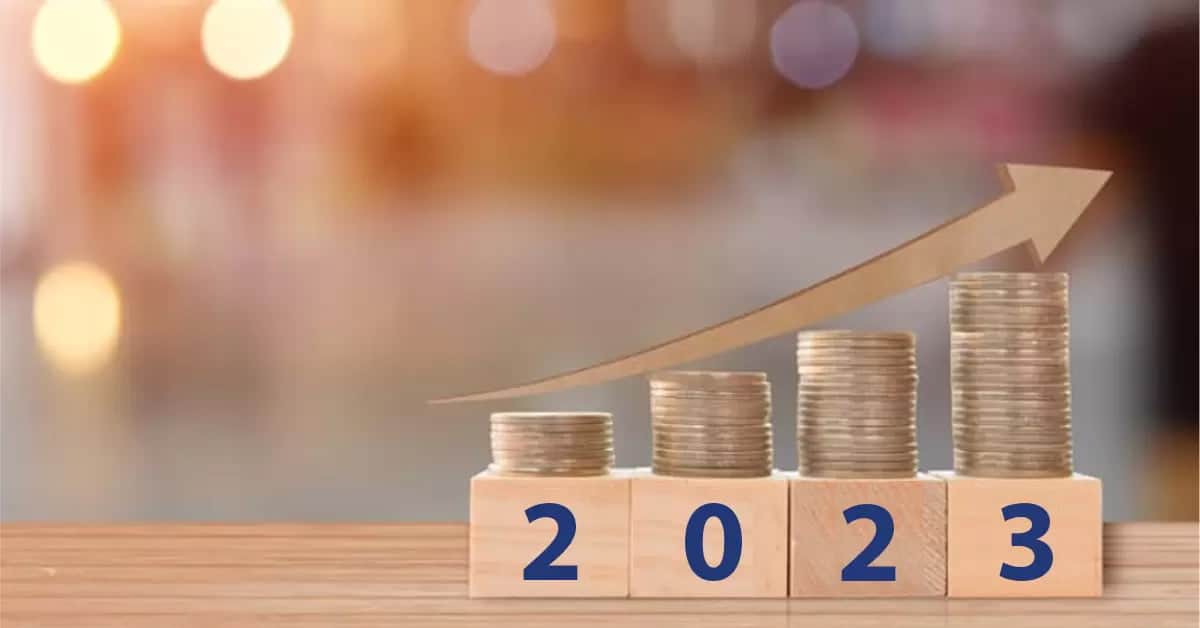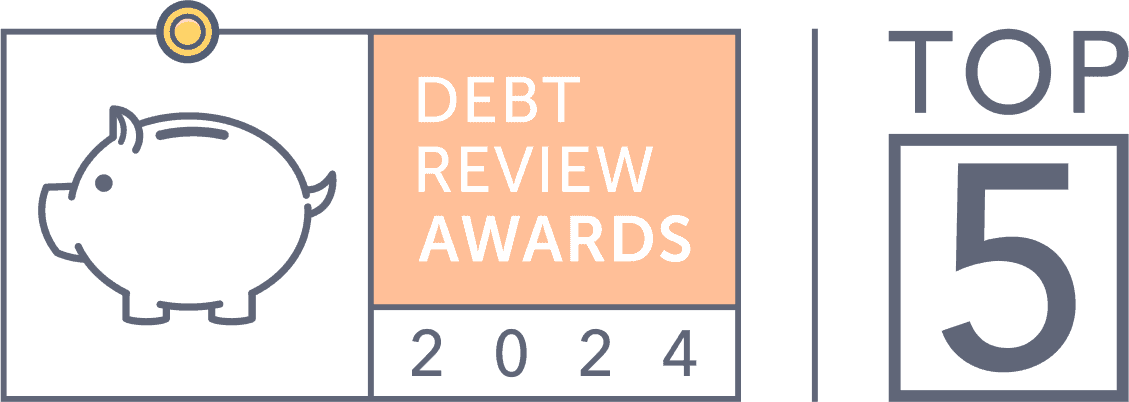
South African Consumers Are Struggling More In 2023 - Inflation's Grip Are Affecting All Consumers
Cash strapped consumers all know the struggles of food inflation, the high prices of all things in general, having to count every cent to make sure it goes where it’s supposed to. It’s the unfortunate reality that we are dealing with daily.
This year started with a sigh of relief when petrol and diesel prices dropped substantially on the 4th of January. Petrol prices dropped by R2.06 per litre while diesel dropped by R2.81 for 50ppm and R2.69 for 500ppm. This means that for the normal consumer, in January, a litre of 95 unleaded fuel cost R21.40 inland and R20.75 at the coast.
The relief was short-lived when fuel prices increased again in February 2023. Motorists now have to pay R21.68 a litre for petrol which is R1.54 more expensive than a year ago and R21.32 a litre for diesel, a staggering R3.25 more than the price in February 2022.
The amount we are currently paying for fuel is still much lower than the peaks of 2022 when motorists had to pay R26.74 for petrol in July – this does give a bit of financial relief, but compared to what we used to pay in January 2022, a tank of petrol will cost you about R100 more to fill up.
Financial Relief Due to Lower Fuel Price
While any financial relief should be great news to consumers, it is not the reality for millions of South African families who are in a far worse situation financially, than they were, in 2022.
The drop in fuel prices will however most likely not correspond with a drop in food prices, based on what happened in 2022 when food inflation climbed to 12% in October 2022.
The increase in prices of staple foods and drinks like bread, maize and milk is a real problem in a country where roughly 20 Million people go to bed hungry every night – Jo Stone – CEO of Sandton Debt Counselling says:
“something needs to be done about this, right now. The major players in the food retail industry and any other parties involved in the determination of food prices need to start making the right decisions and address the matter before it gets even more out of hand. With every increase in the fuel price in 2022, food inflation hit consumers hard with the cost of transporting food being passed on from the retailers to the already cash strapped consumers. Unfortunately, the opposite was not true when fuel prices dropped in 2022. Even with the diesel price now being R4.08 lower than the R25.40 it was selling for in July 2022, the food price inflation went up”
Warning To Cash Strapped Consumers
Analysts are warning that households will be under a lot of pressure due to the high cost of food – the fuel prices remain above R20 per litre which exacerbates the high cost of living experienced by most South Africans, which is directly linked to high food price inflation.
The Bureau for Food and Agricultural Policy said that consumers should ready themselves for even higher food prices in 2023. They expect a food inflation peak in the first quarter of the year with “smaller inflationary effects during the rest of 2023”
More Bad News For Consumers
Most consumers have already tightened the belt to the last possible notch and there is not much more that can be done. To make things worse, the interest rate hikes since November 2021 which saw the repo rate more than doubling from 3.5% in November 2021 to 7.25% in January 2023.
This is having a huge impact on homeowners and vehicle owners who purchased their properties and vehicles in the last two and a half years, most of which have to decide to either starve or lose their homes.
With more interest rate and fuel hikes predicted for 2023, there seems to be no good outcome for most. Read our article about the interest rate hikes and the affect on consumers, here.
Could Debt Review Help or Should I Get More Loans Or Negotiate With Creditors?
For most consumers, debt review could be the answer, but there is only a small window of opportunity a consumer has for this solution to be viable. By viable we mean, being able to negotiate low interest rates and acceptable repayment amounts.
Many think that waiting just a little bit longer, maybe taking out that one last loan to get them through, or making direct arrangements with the credit providers will solve the problem, but what they do not realize is that the longer you wait, the worse the situation gets.
Taking out another loan adds up to more monthly obligations, this is something that we as debt counsellors see a lot, and sadly, many consumers who follow this route end up in even deeper financial trouble.
Making an arrangement with a credit provider means that they will either give you a grace period or extend the loan, which will cost you more on interest payments at the end of the day. While it may be a better idea to keep using credit facilities like credit cads and overdrafts instead due to the lower interest required, this puts consumers in an even more vulnerable position in the long term.
One can only juggle these facilities so much, till the credit flow dries up. This is an alarming trend, as consumers do not even realize how much their debts actually are.
What will a Debt Counsellor be Able to Do?
A Debt Counsellor will take over your financial stress and work out a repayment plan which will allow you to have enough money left for other necessary expenses like food, school fees and fuel.
The debt counsellor will also negotiate lower interest rates, most of the time below 1% for unsecured debt and less than the prime lending rate on vehicles and bonds. This all depends on each individual’s circumstances though.
As said above, there is only a small window of time when your finances are already looking bad, and after that window of time expires, a debt counsellor will -ethically speaking- not be able to assist.
I think I Need Your Help
Whether you think that you have waited too long or just realized that you might be in need of help, contact Sandton Debt Counselling as soon as you can by completing our call me back form on this page.
We will do a professional assessment and let you know the outcome within an hour. If you are eligible for the debt review process, you will start paying a reduced instalment from your next due date.
